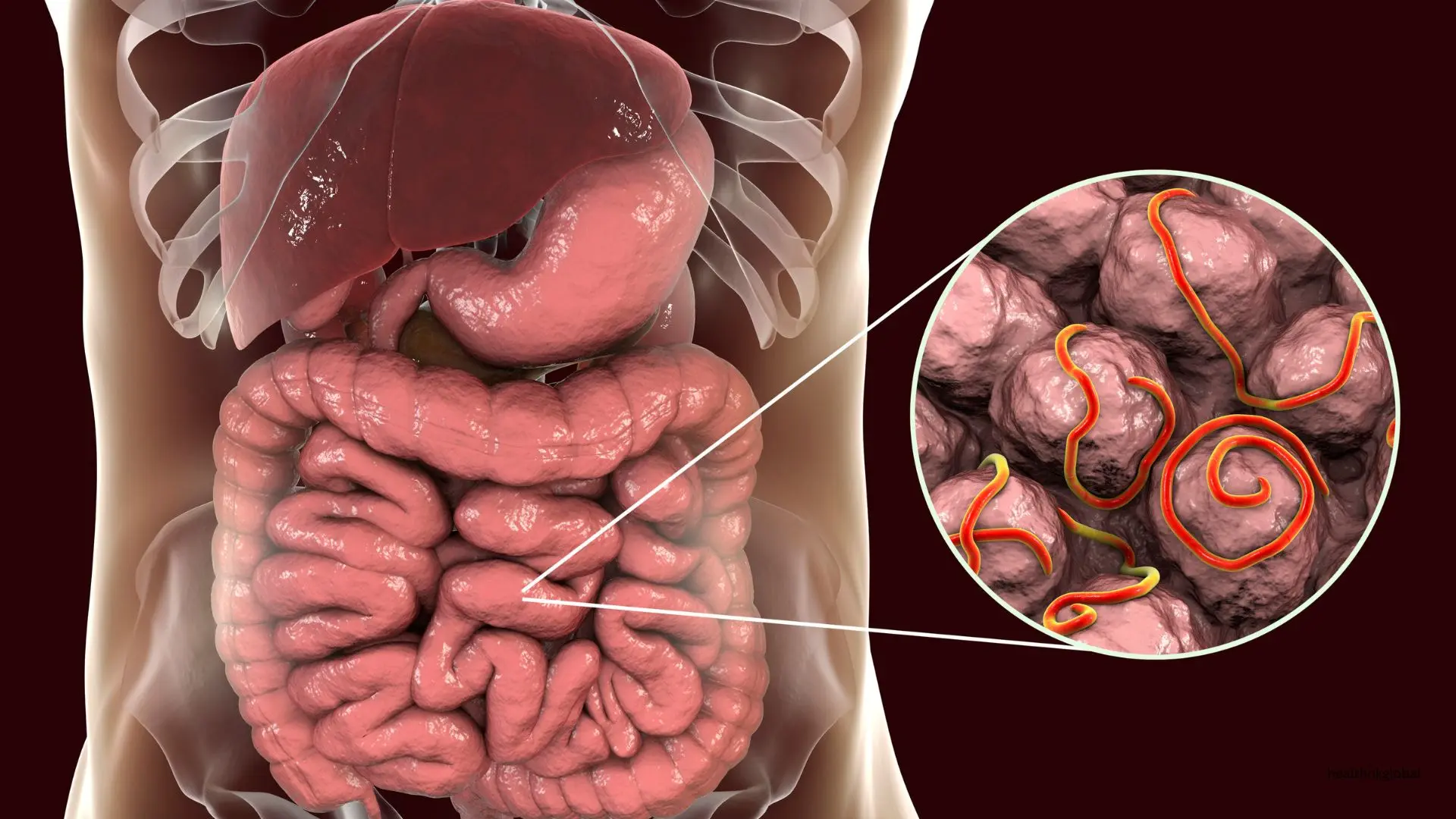Undifferentiated schizophrenia is a subtype of schizophrenia characterized by a mix of symptoms that do not fit neatly into the criteria for other specific subtypes.

Blog
Understanding Undifferentiated Schizophrenia: Symptoms, Causes, and Treatment
Undifferentiated schizophrenia is a subtype of schizophrenia characterized by a mix of symptoms that do not fit neatly into the criteria for other specific subtypes. Individuals with undifferentiated schizophrenia may experience a combination of positive and negative symptoms, as well as cognitive impairments.
Symptoms of undifferentiated schizophrenia can vary widely among individuals but often include hallucinations, delusions, disorganized thinking or speech, disorganized behavior, flattened affect, and social or occupational dysfunction. These symptoms may fluctuate in severity and can significantly impact daily functioning.
The exact cause of undifferentiated schizophrenia is not fully understood, but it is believed to result from a complex interaction of genetic, environmental, and neurobiological factors. Risk factors for developing undifferentiated schizophrenia may include a family history of schizophrenia, exposure to prenatal or perinatal complications, substance abuse, and high levels of stress.
Diagnosing undifferentiated schizophrenia involves a comprehensive psychiatric evaluation, including a review of symptoms, medical history, and psychological assessments. Differential diagnosis is essential to distinguish undifferentiated schizophrenia from other psychiatric disorders with similar symptoms, such as schizoaffective disorder or brief psychotic disorder.
Treatment for undifferentiated schizophrenia typically involves a combination of antipsychotic medications, psychotherapy, and psychosocial interventions. Antipsychotic medications help alleviate positive symptoms such as hallucinations and delusions, while psychotherapy, such as cognitive-behavioral therapy (CBT), can help individuals cope with symptoms and improve functioning.
The prognosis for individuals with undifferentiated schizophrenia varies depending on factors such as the severity of symptoms, response to treatment, and level of social support. With appropriate treatment and support, many individuals with undifferentiated schizophrenia can experience symptom improvement and lead fulfilling lives.
Living with undifferentiated schizophrenia can be challenging, but various coping strategies and support resources are available to help individuals manage their condition effectively. These may include joining support groups, seeking assistance from mental health professionals, and maintaining a healthy lifestyle.
Early intervention is crucial for individuals with undifferentiated schizophrenia to receive timely diagnosis and treatment, which can lead to better outcomes and improved quality of life. Recognizing the signs and symptoms of schizophrenia and seeking help promptly can make a significant difference in managing the condition.
Undifferentiated schizophrenia is a complex mental health condition that requires comprehensive evaluation and treatment. By understanding the symptoms, causes, and treatment options for undifferentiated schizophrenia, individuals, families, and healthcare providers can work together to promote effective management and improve outcomes for those affected by this disorder.
Symptoms of undifferentiated schizophrenia can vary widely among individuals but often include hallucinations, delusions, disorganized thinking or speech, disorganized behavior, flattened affect, and social or occupational dysfunction. These symptoms may fluctuate in severity and can significantly impact daily functioning.
The exact cause of undifferentiated schizophrenia is not fully understood, but it is believed to result from a complex interaction of genetic, environmental, and neurobiological factors. Risk factors for developing undifferentiated schizophrenia may include a family history of schizophrenia, exposure to prenatal or perinatal complications, substance abuse, and high levels of stress.
Early intervention is crucial for individuals with undifferentiated schizophrenia to receive timely diagnosis and treatment, which can lead to better outcomes and improved quality of life. Recognizing the signs and symptoms of schizophrenia and seeking help promptly can make a significant difference in managing the condition.
Need Personalized Health Guidance?
Get expert advice tailored to your specific health needs from our qualified healthcare professionals.





